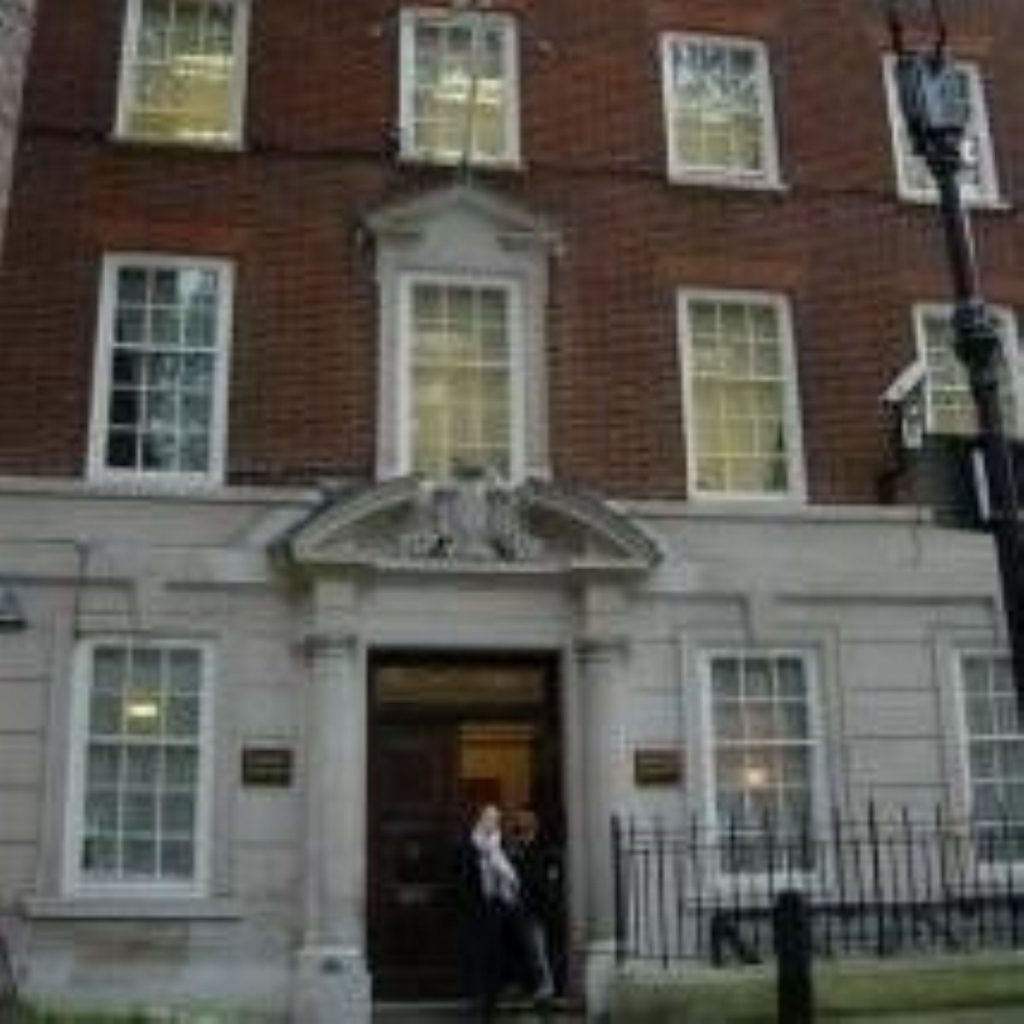Tories’ challenge to ‘superstatism’
Following the publication of the controversial first draft of the EU Constitution, the Conservatives have accused Tony Blair of effectively embracing a federation of European states and surrendering British sovreignty.
Although the Prime Minister appears to have secured important concessions on the wording of the constitution, namely the conspicuous absence of the emotive ‘federal’, following a meeting with convention chairman and former French president Valery Giscard d’Estaing, the Tories have claimed the new format for Europe was a ‘step change’ towards superstatism and ‘a real move away from our ability to determine our own future.’
Tories plan to protest vociferously over possible plans for an elected EU president and foreign ministerial post and urge the PM to hold a referendum on the issue to allow voters to ultimately determine Britain’s role in Europe.
Should plans to create a presidential post get the go ahead, the occupant would likely hold the post for at least two-and-a-half years.


The Constitution is expected to come into force prior to the embrace of 10 new countries who will join the union in 2004. The 148-page draft took 15 months to create. 105 members of the convention contributed.
However, a move towards superstatism and the abnegation of sovereignty was flatly rejected as a mythic by Welsh Secretary Peter Hain, who played a major role in representing the UK in Europe.
He said: ‘The important thing is that we got the term federal out, and that makes it crystal clear that the idea of a Brussels superstate is a myth.
‘We will have this new Europe which is a partnership of sovereign member states like Britain.’
Shadow foreign secretary Michael Ancram remains unconvinced. ‘It is a step change away from the partnership of nations.
‘This is a real move away from our ability to determine our own future, and that is why it is so important that the people of this country are allowed to decide.
‘We [Tories] believe that this is bad for Britain who will lose control over many areas of national interest. We renew our demand that the British people should have their say in a referendum.’
Mr. Hain’s retort was to say that the Tories were trying to ‘frighten’ the British people by trying to ‘engineer a crisis.’
He told BBC Radio Four’s ‘World at One’: ‘A lot of people, the Conservatives included, have decided they are going to have a referendum because it represents a monstrous threat to Britain civilisation and a Brussels tyranny being imposed on us, which is simply a nonsense.’
Should it come to a referendum on the issue, Vincent Cable, Lib Dems trade and industry spokesman contended British ‘pragmatism’ would lead to pro-Europeans emerging victorious on a EU constitution vote.
‘We have confidence that the British people are hard-headed and pragmatic, and they’d not be carried away by nationalism and demagoguery, so we have every confidence.’

